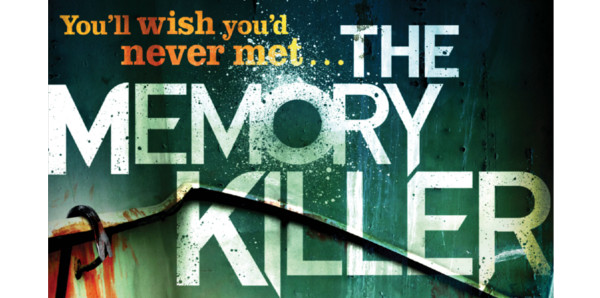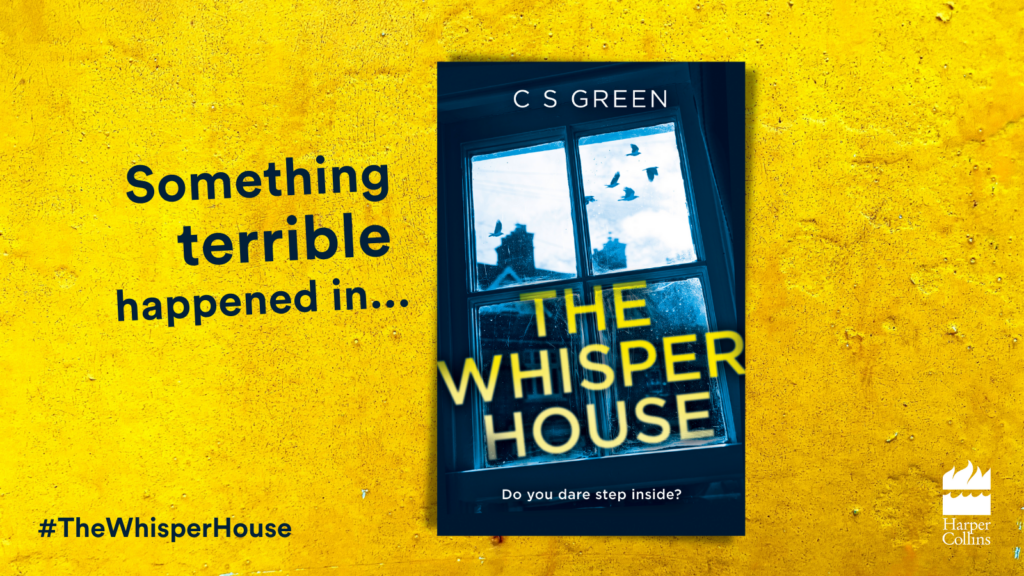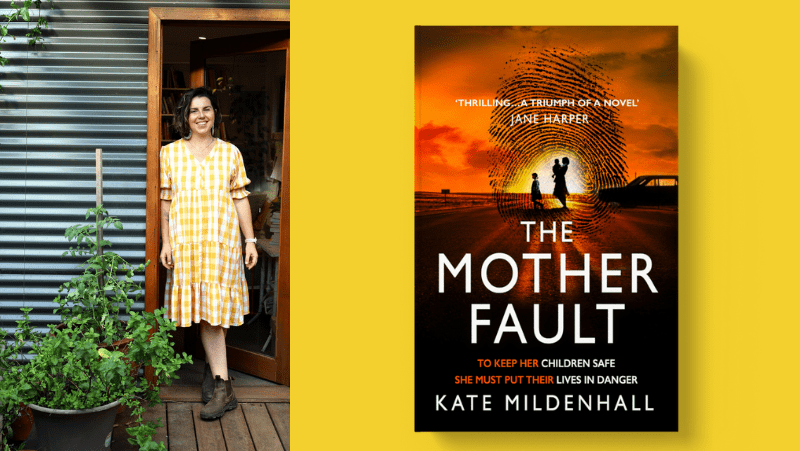We’re very excited to welcome Jack Kerley, author of the addictive Carson Ryder series, to the blog today, who has written us a fascinating piece about broken minds…

In 1969 a madman named Charles Manson shocked the U.S. with a savage event: On Manson’s instructions, several of his followers—runaway kids, basically—ripped apart seven people in the Hollywood Hills. I was enthralled by the delusions of his “family” as the followers were called, most viewing Manson as a diety, though the motley group lived in squalor on a broken-down ranch.
Vincent Bugliosi’s book on the crimes followed, Helter-Skelter, and I read it repeatedly, fascinated by Manson’s hypnotic hold on the psyches of his sad and murderous crew who—even as Manson was tried and imprisoned—claimed their leader was beaming messages and instructions into their minds.
College came, and my thoughts turned elsewhere until someone called to say a good friend of mine, call him Jimmy, had taken bites of his brother’s collection of Beatle albums, and completely devoured the White Album.
Shaken, but intrigued–was it a joke?–I visited Jimmy at the home he shared with his parents. The disheveled bedroom I’d often visited was now as neat as a furniture showroom, pristine, dusted, the bed made military-tight. One more change: on every horizontal surface, desk, chest of drawers, cabinet, window sills, were thousands of pennies, randomly arranged, separated by two to five millimeters.
I’d been advised by former visitors to try something, but it would wait until Jimmy left the room.
He was in his bed when I entered, dressed in pajamas, his feet bare. When Jimmy stood to greet me, he produced a shoe horn and used it to guide his feet into outsized moccasins, the horn unnecessary, but somehow essential. His elaborate entrance into his shoes had the appearance of a ritual.
Thus shod, Jimmy turned his attention to his bed, noting the small wrinkles where he’d lain. Though easily smooth-able with a hand, Jimmy tore covers and sheets away and remade the bed entirely. Again, the feeling of a ceremony needing to be performed.
We spoke almost normally, what I’d been doing in college, mainly. I didn’t mention the gnawed vinyl records or other recent reports, like Jimmy’s refusal to drink from any vessel but a wooden mug. He was Jimmy, and yet he was not, an eerie and penetrating gaze in his eyes, his head cocked like listening between my words instead of to them.
He finally left for the bathroom. When the door closed, I did as former visitors instructed, shifting random pennies amidst the copper clutter … one penny on the desk, the chest, the cabinet. No coin was moved more than two millimeters.
I sat and waited.
Jimmy returned a few minutes later. Passing me and without even looking at the coins, he reached out and brought the three pennies back to original position. I could not have accomplished the feat had I made the pennied pattern a year-long study, and yet my old amigo had, under the power of his illness, felt the disorder in his coins, and returned them to correct alignment.
The moment had the feeling of a supernatural occurrence, yet was totally the product of a human mind. I’m not sure I slept that night, unable to stop re-thinking the event.
Jimmy’s delusions soon widened into the creation of small “objects of power”, usually medicine vials filled with colored stones or feathers. “Touch it, Jack,” he’d say, handing me a vial. I’d take it in hand. “Are you getting it?” he’d grin, hoping I was sharing in the charge from the talisman. I always assured him I felt the magic, which pleased my friend greatly.
Jimmy’s condition was soon diagnosed as paranoid schizophrenia and, sadly, proved resistant to treatment. He spent most of his remaining life in and out of institutions. But when I saw him, in taverns usually, he was always happy. It almost seemed that the illness was where he felt best.
Thus the genesis of my stories: Two madnesses, one deadly and aimed outward, one benign save for it’s effect on Jimmy and his friends and family, but both exemplars of the power of the mind to shape alternate realities. The events never left my head and when it came time to write, I knew that many of my stories would be drawn, in some fashion, from broken minds and the worlds they build.
– J. A. Kerley
The Memory Killer is out on 19th June – order your copy today!



